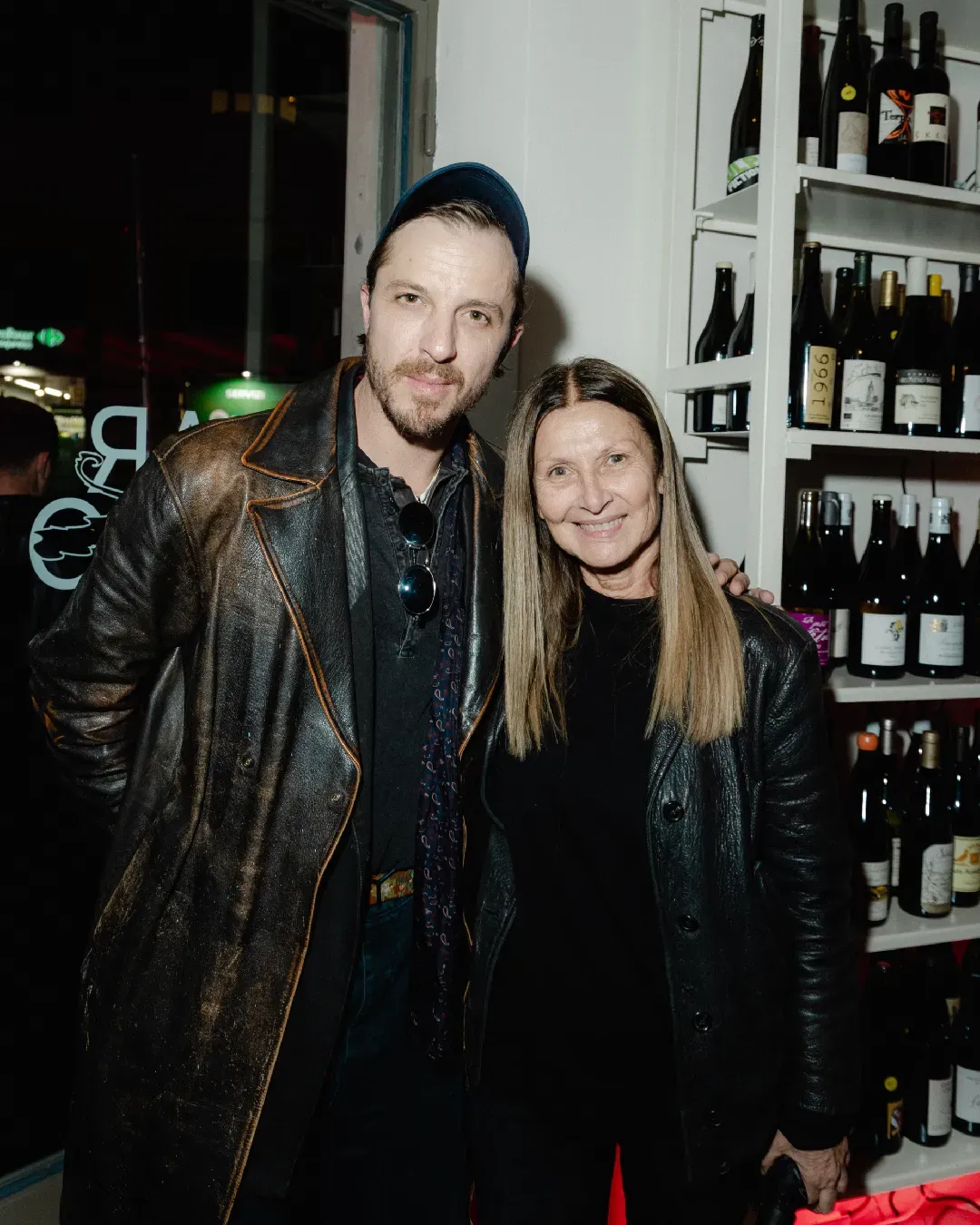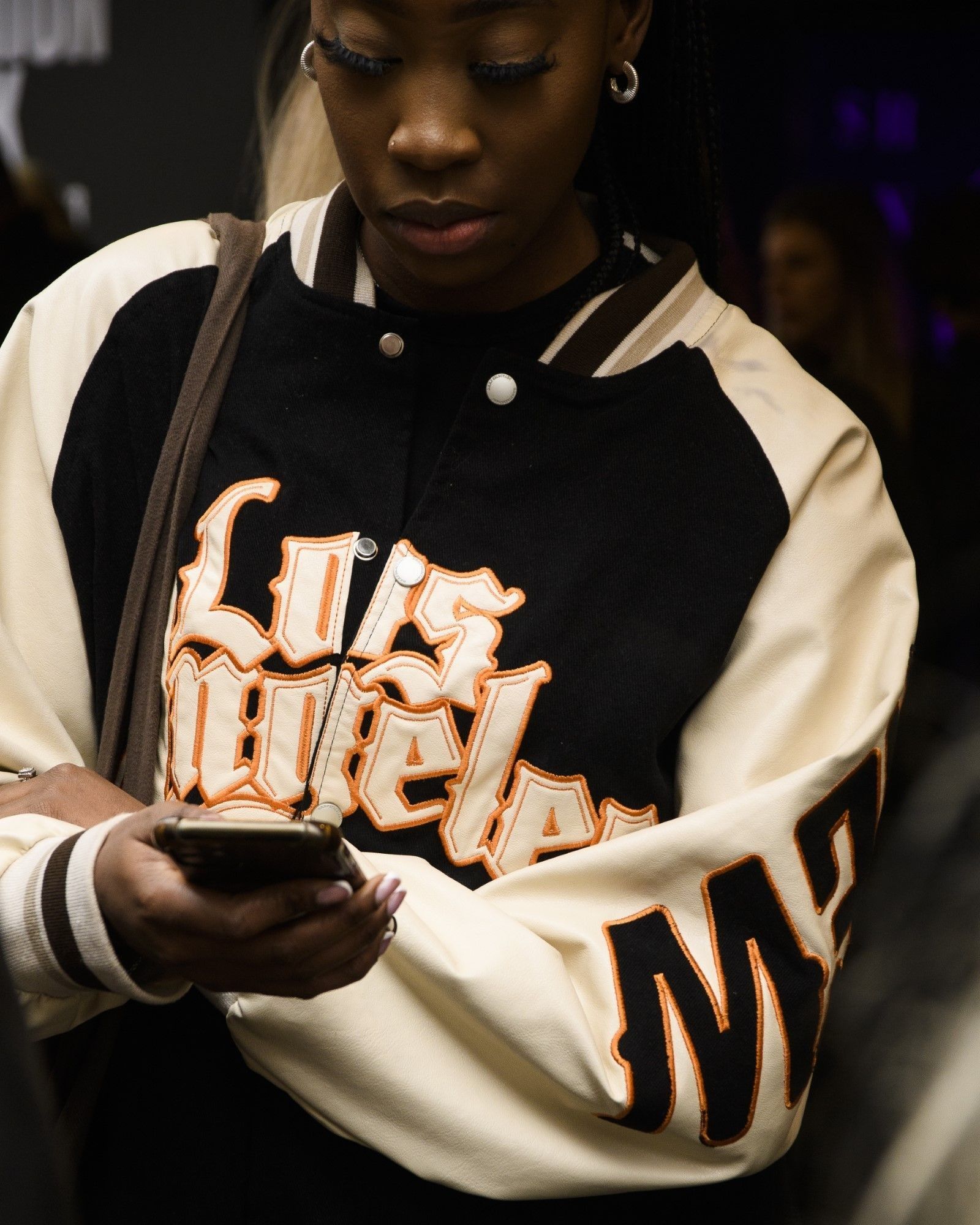
Cheap Monday and the dawn of Indie aesthetic H&M group have announced that the skinny jeans's brand is gonna be shut down in 2019
Cheap Monday journey is over.
The iron curtain goes down for the most famous skinny jeans brand of the last 10 years.
It was owned by H&M but the Swedish colossus of Pret-a-porter has announced that the brand production will terminate starting from January 2019. It's the end of an era, the indie aesthetic once represented by the skinny jeans and the indie bands that dominated music charts in the '00s has nowadays being completely replaced by the streetwear and hip hop music.
The brand was born in 2000, founded by Örjan Andersson and initially sold only in a small shop in Stockholm, but then the trend spread in northern Europe, in particular in Copenaghen, where the good quality jeans become a reference point for the youth culture. The products were distributed in 1800 stores located in 35 countries.
The skinny jeans are not the only fit produced by the brand but they are still the most famous item that brought the brand in the public eyes, and also in the garderobe of every teenager. They were in itself close-fitting and sometimes even more tight with pins on the ankles or with super reinforced cuffs. Jeans is the most identifying garments of teenagers since James Dean and the "Paninari" in the 80s. The skinny model of Cheap Monday may be remembered because it helped the generation of the early 90s to express a way to be, a first independent approach to the fashion world, rebelling of the terrible outfits decided by the parents. For the generation of the ‘90s, Cheap Monday was a cool alternative, teenager's legs were tight by super skinny jeans, in black or blue denim, a symbol of a new indie rock wave, very popular in Italy and in Europe in those years, the myths were bands like Kasabian, Arctic Monkeys, Finley, I Cani and Tokyo Hotel. The match with a checkered shirt, sweater, five-panel cap, and Vans shoes was a real status symbol for the youth in the Arci clubs, in the alternative places or in the literary cafè.
The end of the brand with the skull is due to the changes in the fashion world and also shows us how the Indie Rock culture is now passed. It was clear in the music production, but now is also visible in the clothes, closer to the streetwear tastes, abundant in the volumes and elaborates, and has set aside the denim, preferring new textiles.
H&M must unavoidably keep up with the fashion market and its changes, in fact, one more reason that led to this decision was the need of new economic strategy by the company, as Anna Attemark, head of “New Business” said
“We need to constantly develop our business and what we choose to invest in. We see good possibilities and a great potential for the other our brands included in the New Business, which are positively growing up both thanks to the e-commerce and the stores”
Cheap Monday bets had long didn’t have brought a concrete result, so the brand will stop their production no later than the 30th June 2019, while the Stockholm and Tranås factories will stop working as early as January 1st.























































